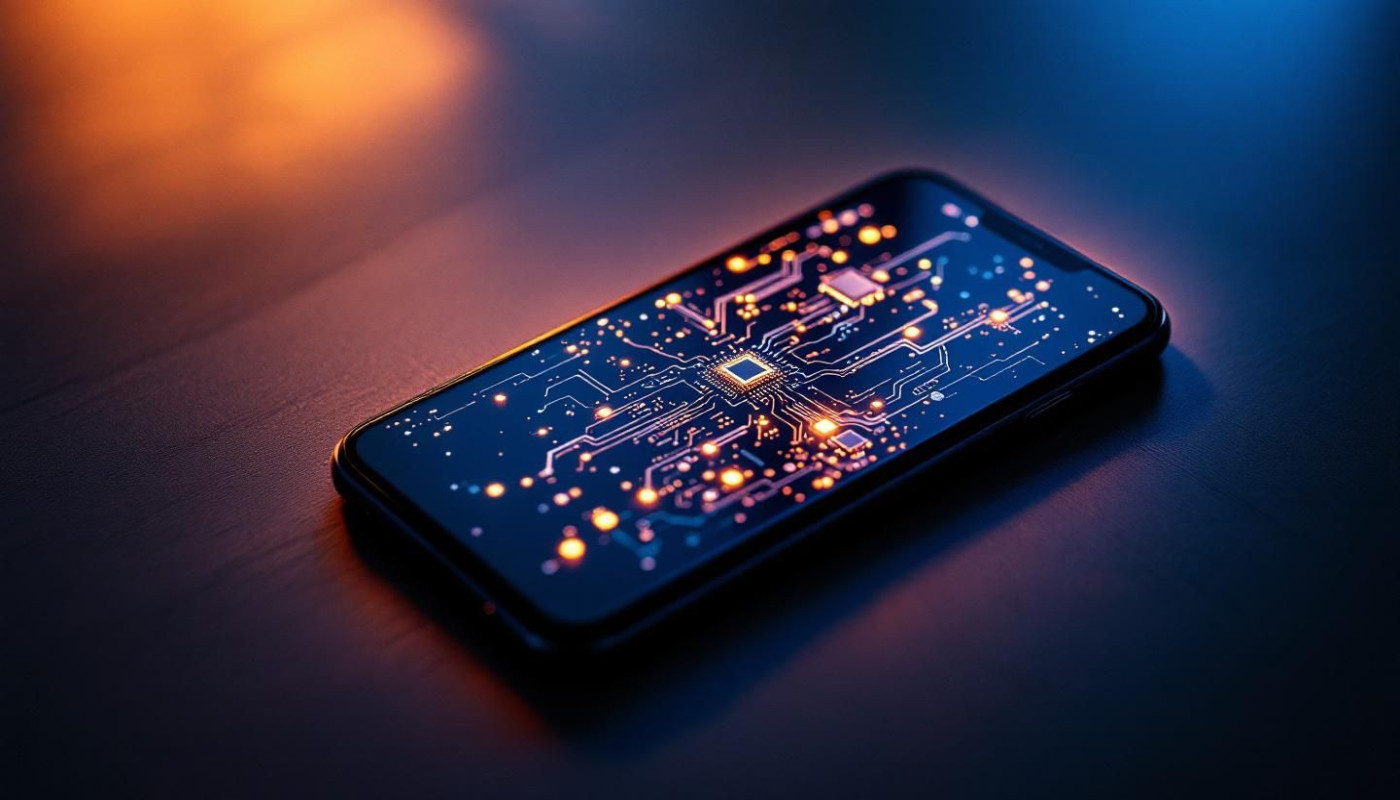Table of contents
In the ever-evolving field of technology, AI (Artificial Intelligence) is transforming every aspect and web design is no exception. The convergence of AI and web designing has brought about a revolution in how websites are created, updated, and maintained. This immersive new realm transcends past the traditional boundaries of coding languages or visual aesthetics to create user-centric designs that are intuitive and interactive. Today's article will delve into how AI has become an essential tool for modern-day web designers, dramatically redefining their work environment while providing them with more efficient ways to engage users.
The Advent of Automated Web Designing Through AI
Artificial Intelligence technologies have proven to be a game-changer in the world of web design. The advent of automated web designing through AI has streamlined the process, making it feasible to automate repetitive tasks that previously consumed a significant amount of time when done manually by designers. The efficiency of AI in web design is evident in its ability to quickly generate responsive design elements that adapt to different screen sizes and devices, an aspect that is paramount in the modern, mobile-first world.
The role of AI extends far beyond just design elements. Advances in machine learning algorithms have made it possible for AI to curate personalized content based on user preferences or behavior analysis, a feature that significantly enhances user engagement and overall experience. This ability to deliver personalized experiences is not just beneficial but crucial in today's digital landscape where user expectations are continually on the rise.
However, it's important to acknowledge that while AI offers numerous advantages, utilizing it effectively requires a deep understanding of its capabilities and limitations. This highlights the need for experienced web developers skilled in applying machine learning algorithms within website building platforms. They play a pivotal role in harnessing the full potential of AI in automated web design, thereby contributing significantly to shaping the future of web design.
AI-Powered Tools Elevating User Experience
In an era where technological integration dominates every aspect of our lives, web design is no exception. Advanced algorithms are now extensively utilized to enhance user experiences on websites, with a particular focus on personalization features. Among the key elements used to achieve this are Chatbots for Instant Customer Service and Recommendation Engines.
Chatbots, powered by AI, are increasingly being used on websites to offer instant customer service. These AI-driven entities can interact with visitors, answer their queries, and guide them through their journey, providing a user-friendly environment that enhances overall user experience. They are especially beneficial for businesses, as they can operate 24/7, ensuring uninterrupted customer service.
In addition to Chatbots, Recommendation Engines play a vital role in the personalization of user experience. These advanced tools analyze a user's Browsing History, gaining insights into their preferences and needs. With this data, Recommendation Engines can anticipate what a user might be interested in, suggesting relevant content or products that align with the user's past interactions. This not only makes the browsing experience more enjoyable for the user, but it also increases engagement and conversion rates for businesses.
The effective implementation of these AI-powered tools into UX/UI Interfaces is a testament to the expertise of seasoned UX/UI Designers. They specialize in harnessing the potential of Artificial Intelligence to create website interfaces that are not only visually appealing but are also capable of delivering personalized, seamless experiences to the users. This shift towards advanced algorithm use in web design is a clear indication of how AI is shaping the future of the field, ensuring that the websites of tomorrow are more user-focused, interactive, and intuitive than ever before.
Analyzing Impact of Data Science in Web Design
The advent of artificial intelligence technology has revolutionized many sectors, including web design. One of the main drivers of this technological shift is data science. A considerable part of this shift is due to the impact of data science in web design, which has significantly played a role in improving designs using artificial intelligence technologies.
Data science, with its vast potential, is increasingly being utilized to enhance the effectiveness of web design. The most evident application of this is through big data analytics. These analytics can predict future trends, allowing digital marketers to modify their strategies and make updates accordingly. For instance, by identifying patterns in user behavior, companies can make informed decisions about design changes to improve user experience and engagement.
In addition to identifying future trends, data science also plays a vital role in shaping targeted advertising efforts. This is where predictive modeling comes into play, one of the fundamental techniques in data science. Predictive modeling uses historical data to predict future outcomes, enabling targeted advertising. This kind of strategic advertising can significantly improve the effectiveness of online marketing campaigns by ensuring that the right ads reach the right audience at the right time.
As a digital marketer proficient at leveraging data science techniques, I can confirm that the correct use of data science can significantly optimize business performance online. In the era of digital transformation, the role of data science in web design is not only significant but also indispensable. The combination of artificial intelligence and data science is set to shape the future of web design, with more personalized and user-friendly designs becoming the norm.
Similar articles

Deep Dive into Dark Web: Unseen Side of the Internet

Maximizing Your Device's Performance With Simple Tweaks

